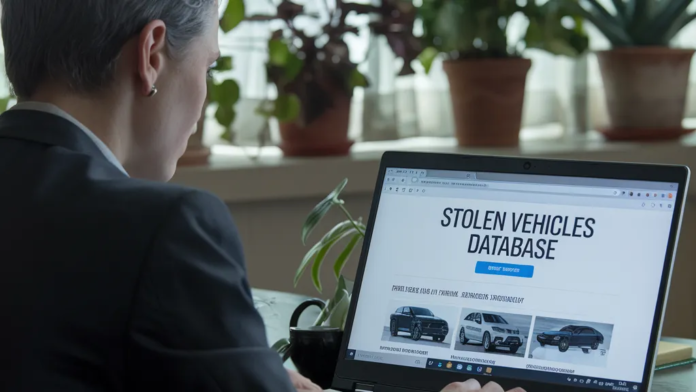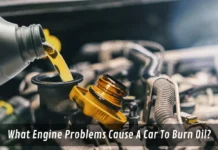Buying a used vehicle can be a smart financial decision, but it also comes with risks one of the most serious is accidentally purchasing a stolen vehicle. If you unknowingly buy a stolen car or bike, you may face legal trouble, financial loss, or even have the vehicle seized. To avoid these issues, verify the vehicle’s history before making a purchase. Fortunately, you can use several online and offline methods to check if a vehicle is stolen before buying. This guide will walk you through the essential steps, such as checking police records, verifying registration details, and using government portals, to help you complete a safe and legal transaction.
Key Points
- Why Checking for a Stolen Vehicle Is a Big Deal
- 7 Tips to Avoid Buying a Stolen Car Before Buying
- Finding and Grabbing the Vehicle Identification Number (VIN)
- Running a VIN Check Like a Detective
- Digging Into the Vehicle’s Title History
- Spotting Shady Sellers Before They Spot You
- Inspecting the Car for Sneaky Tampering Clues
- Getting the Law Involved (In a Good Way)
- Listening to Your Gut When Things Feel Off
Why Checking for a Stolen Vehicle Is a Big Deal
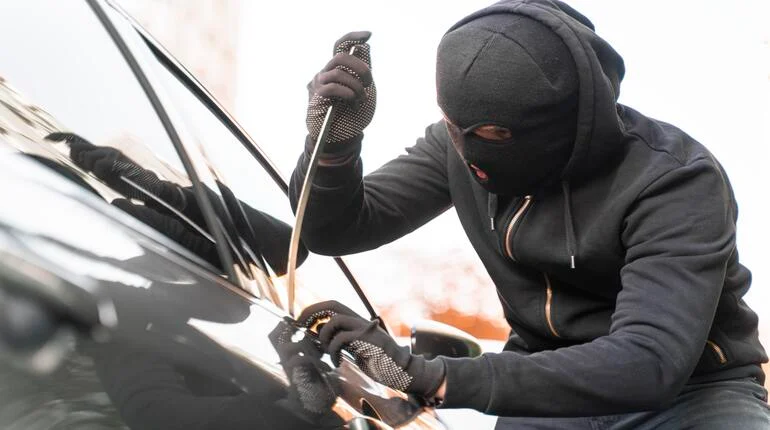
You’re cruising around, feeling like a million bucks, when suddenly bam! blue lights flash in your mirror. The cops pull you over, and it turns out your new baby was stolen from someone else. Cue the sinking feeling as they tow it away, leaving you with no car, no cash, and a story you’ll never live down at family dinners. Stolen cars aren’t rare unicorns in the used market they’re more common than you’d hope, thanks to thieves looking to make a quick buck off unsuspecting buyers like us. Checking if a vehicle’s stolen isn’t just about being cautious it’s about dodging a financial and legal disaster. You wouldn’t buy a house without checking the deed, right? Same deal here knowing the car’s clean means you can sleep easy and drive happy.
7 Tips to Avoid Buying a Stolen Car Before Buying
Avoiding a stolen car starts with thorough verification. Always check the VIN through trusted sources like NICB, DMV, or Carfax, and compare it with the car’s documents. Review the title history for inconsistencies and be cautious of sellers rushing the deal or offering suspiciously low prices. A little research can save you from legal trouble and financial loss.
1. Finding and Grabbing the Vehicle Identification Number (VIN)
Every car’s got its own little ID card called the Vehicle Identification Number, or VIN for short. It’s a 17-digit code that’s basically the car’s Social Security number unique and packed with info. So, where do you find this magical string of numbers and letters? Start by peeking through the windshield on the driver’s side the VIN’s usually on a metal plate right there on the dashboard. No luck? Check the driver’s side door frame when you open it, or pop the hood and look near the engine block. Some cars even hide it under the carpet or in the trunk sneaky, huh? Ask the seller to point it out, and scribble it down like you’re taking notes in class. snap a pic with your phone too, just in case your handwriting’s a mess (no judgment). If the seller’s dodging you or the VIN’s missing, that’s your first neon sign something’s up. This number’s your ticket to the truth, so don’t skip it!
2. Running a VIN Check Like a Detective
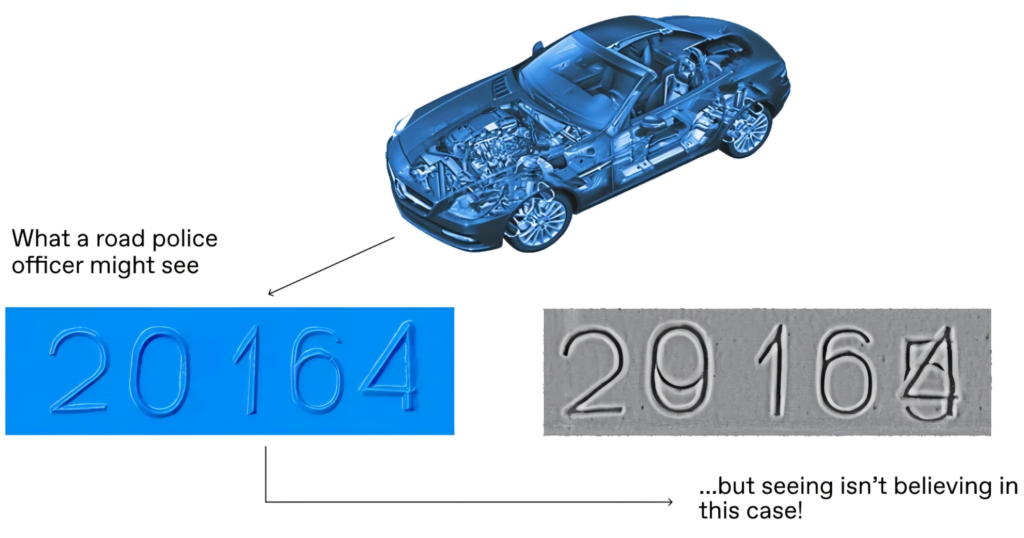
Alright, you’ve got the VIN now it’s time to play Sherlock Holmes. A VIN check is like flipping through the car’s diary to uncover any skeletons in the trunk. Tons of online tools can help with this Carfax and AutoCheck are big names, but budget sleuths can use the National Insurance Crime Bureau (NICB) for a free VINCheck. Just plug in those 17 digits, hit enter, and get the scoop. These reports reveal whether someone reported the car stolen, totaled it in a wreck, or still has a lien on it aka someone else’s claim. I once checked a VIN for a friend and discovered that thieves had swiped the car from a dealership two states over talk about a close call! Spending 20 on a detailed report might sting, but it’s way cheaper than buying a stolen car and regretting it later.
3. Digging Into the Vehicle’s Title History
The title’s like the car’s birth certificate it proves who owns it and what it’s been through. Ask the seller to hand it over, and don’t be shy about giving it a thorough read. A clean title means no major drama, but if it says salvage or rebuilt, dig deeper those labels can mean it was totaled, maybe stolen, then patched up for resale. Here’s a fun trick: run the VIN through your state’s DMV website for a title check. Most states let you do this online for free or a small fee, and it’ll show the ownership chain. If the seller’s name isn’t on the title, or they mumble something about my buddy’s cousin owns it, that’s a red flag waving in your face. I had a buddy who almost bought a truck with a title that didn’t match the seller turned out it was borrowed from a construction site.
4. Spotting Shady Sellers Before They Spot You
Let’s talk about the human side of this deal the seller. Most honest folks are chill about selling a car. They’ll tell you why they’re letting it go I got a new job! and hand over paperwork with a smile. But shady sellers? They’re a different breed. If they’re rushing you like it’s a Black Friday sale Take it now or it’s gone! or the price is suspiciously low (think $5,000 for a car worth $15,000), your scam radar should be beeping. Ask questions: How long have you had it? Where’d you get it? Why’s it for sale? If their answers are vaguer than a politician’s promises Oh, uh, it’s been in the family forever you might be dealing with a stolen ride. I once met a guy selling a car who claimed he found it in his barn. Yeah, right, and I’m the Queen of England. Trust your instincts good sellers don’t act like they’re auditioning for a crime show.
5. Inspecting the Car for Sneaky Tampering Clues
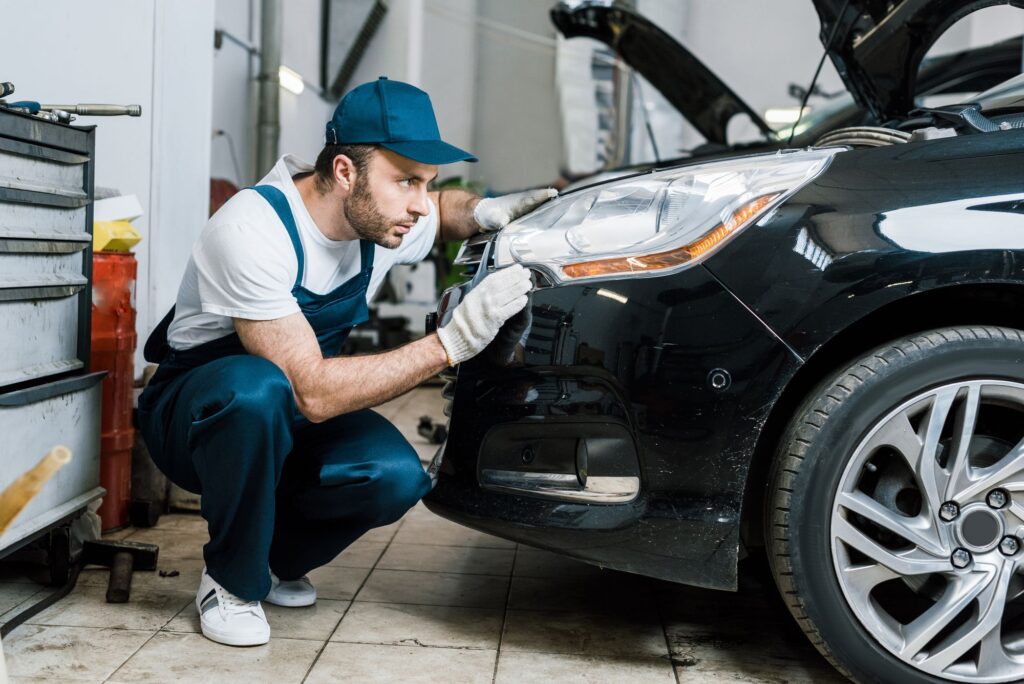
Time to get hands-on and channel your inner car whisperer. Stolen vehicles often have physical clues if you know where to look. Start with the VIN plates check the dashboard, door frame, and engine. Do they look scratched, peeled, or like someone’s glued a new one on? Thieves sometimes swap VINs to mask a car’s identity, and they’re not exactly artists about it. Next, eyeball the ignition does it look chewed up or like it’s been jimmied with a screwdriver? Hot wiring’s a classic move. Peek at the door locks too if they’re mismatched or busted, that’s another hint. Compare the VIN on the car to the title and registration; even one digit off is a deal breaker. I once saw a car with a VIN plate so crooked it looked like a toddler installed it turned out it was stolen from a rental lot. Bring a flashlight and a friend with sharp eyes this isn’t just a test drive it’s a treasure hunt for the truth.
6. Getting the Law Involved (In a Good Way)
If you’re still on the fence, it’s time to call in the pros your local police or sheriff’s office. Yep, grab that VIN and give them a ring checking a car I might buy can you tell me if it’s stolen? They’ve got access to databases that’ll confirm if it’s on the naughty list. It’s not as awkward as it sounds they deal with this stuff all the time. You can also hit up free online resources like the NICB’s VIN Check or your state’s stolen vehicle registry Google stolen car database your state to find it. I did this once for a motorcycle I was eyeing the cop on the phone was so he even told me to check the tires while I was at it but putting a steel lock on your peace of mind. Why risk it when the law’s on your side.
7. Listening to Your Gut When Things Feel Off
Here’s the realest advice I’ve got trust your gut. You know that little voice in your head that says, this feels weird? It’s your built-in scam detector, and it’s usually right. Maybe the seller’s pushier than a telemarketer, the paperwork’s sketchier than a kid’s homework excuse, or the whole vibe just screams nope. You don’t have to buy this car there’s always another one out there. Walking away isn’t losing it’s winning at not being a sucker. I once bailed on a deal because the seller kept changing his story two weeks later, I saw the same car listed by someone else with a stolen, recovered note. Dodged a bullet there! Your instincts are your secret weapon, so don’t ignore them.
Conclusion
Before buying a used vehicle, taking the time to check if a vehicle is stolen can save you from serious legal and financial troubles By verifying the registration details, using government databases, checking with the local police, and thoroughly reviewing the seller’s documents, you can ensure that your purchase is safe and legal. Always be cautious of unusually low prices and incomplete paperwork, as these can be red flags. A little extra effort in verifying the vehicle’s history can protect you from potential fraud and give you peace of mind.
FAQs
Q1. Why check for a stolen car?
Ans. So you don’t lose your ride and your cash to a shady deal!
Q2. What’s a VIN?
Ans. The car’s 17-digit ID its secret sauce to spill the beans.
Q3. Where do I run a VIN check?
Ans. Carfax, Auto Check, or freebie NICB cheap thrills for big reveals.
Q4. Why’s the title a big deal?
Ans. It’s the car’s rap sheet clean or sketchy, it tells all.
Q5. How do I spot a shady seller?
Ans. Pushy, cheap, or vague? They’re waving red flags like a matador.
Q6. What tampering signs should I look for?
Ans. Scratched VINs or janky ignitions thieves aren’t subtle.
Q7. Can I call the cops?
Ans. Yep, they’ll check the VIN and save your bacon no awkwardness required.
Q8. Should I trust my gut?
Ans. Totally! That uh-oh vibe’s your scam shield listen up.
Q9. Can I skip all this?
Ans. Sure, if you love gambling with your wallet and sanity.
Q10. What if I buy a stolen car?
Ans. Car’s gone, money’s toast check first and skip the sob story.


